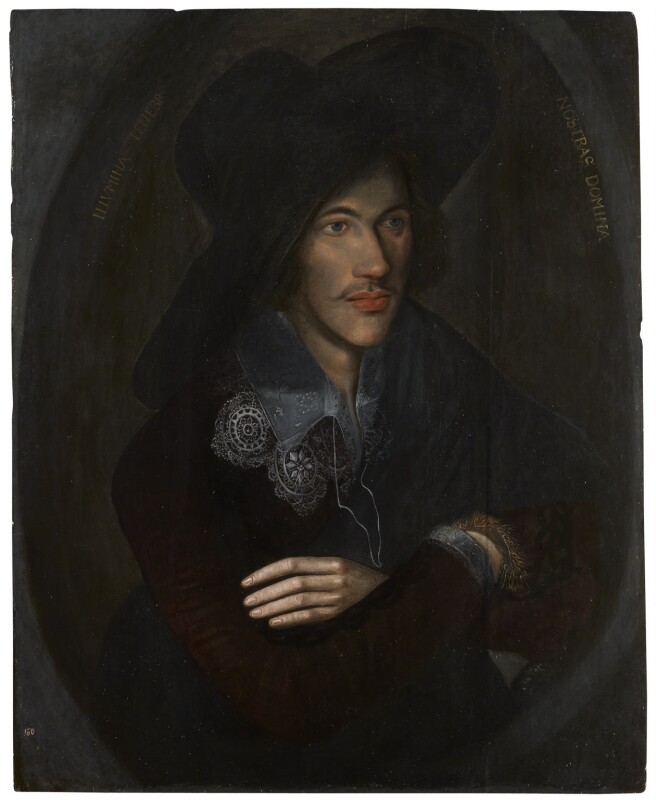Meditações VII
John Donne Frases famosas
“Nenhuma beleza primaveril ou de verão tem tanta graça como vi em uma face outonal.”
No spring, nor summer beauty hath such grace As I have seen in one autumnal face
"The Autummal" in "Poems of John Donne", Volume 1 - Página 117, John Donne - Lawrence & Bullen, 1896
Variante: Ninguém é uma ilha em si mesmo. Cada um é uma porção do continente, uma parte do oceano.
Like pictures, or like books' gay coverings made for laymen, are all women thus array'd themselves are only mystic books, which we —whom their imputed grace will dignify — must see reveal'd.
Elegy XX
Citado por Caetano Veloso em Elegia
Citado por Belchior em Carta de Fã
John Donne: Frases em inglês
“Poor intricated soul! Riddling, perplexed, labyrinthical soul!”
No. 48, preached upon the Day of St. Paul's Conversion, January 25, 1629
LXXX Sermons (1640)
No. 76 http://books.google.com/books?id=eypXAAAAYAAJ&q=%22When+God's+hand+is+bent+to+strike+it+is+a+fearful+thing+to+fall+into+the+hands+of+the+living+God+but+to+fall+out+of+the+hands+of+the+living+God+is+a+horror+beyond+our+expression+beyond+our+imagination%22&pg=PA386#v=onepage, preached at Sion to The Earl of Carlisle and company (c. 1622)
LXXX Sermons (1640)
“The heavens rejoice in motion, why should I
Abjure my so much loved variety.”
No. 17, Variety, line 1
Elegies
A Nocturnal upon St. Lucy's Day, stanza 2
VI. Metuit. The physician is afraid
Devotions Upon Emergent Occasions (1624)
“And what is so intricate, so entangling as death? Who ever got out of a winding sheet?”
No. 54, preached to the King at Whitehall, April 5, 1628
LXXX Sermons (1640)
No. 19, To His Mistress Going to Bed, line 33
Elegies
XXVI Sermons, No. 26, Death's Duel, last sermon, February 15, 1631
No. 76, preached to the Earl of Carlisle, c. autumn 1622
LXXX Sermons (1640)
An Anatomy of the World, The First Anniversary
“O my America! my new-found land.”
No. 19, To His Mistress Going to Bed, line 27
Elegies
The Anniversary, stanza 1
VI. Metuit. The physician is afraid
Devotions Upon Emergent Occasions (1624)
No. 18, Love's Progress, line 1
Elegies
Of the Progress of the Soul, The Second Anniversary
I. Insultus Morbi Primus; The first alteration, the first grudging of the sickness.
Devotions Upon Emergent Occasions (1624)
II. Actio Læsa; The strength, and the functions of the senses, and other faculties change and fail.
Devotions Upon Emergent Occasions (1624)
